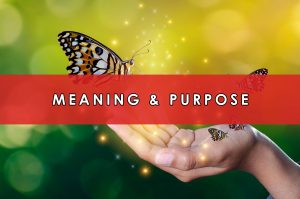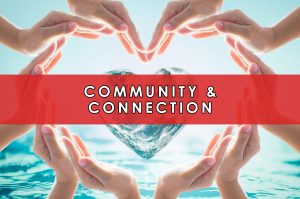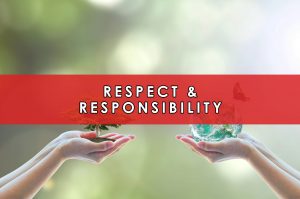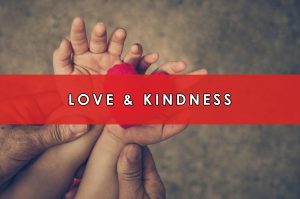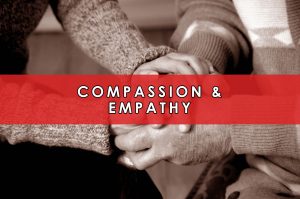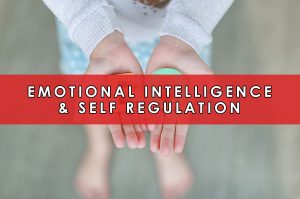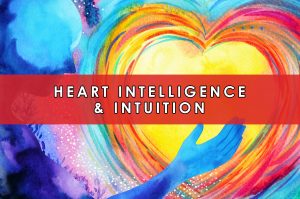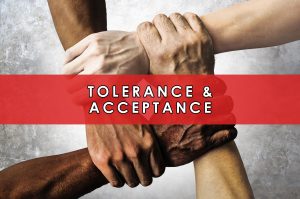
Whole Person Education that Starts with the Heart
mental, physical, social, emotional, and spiritual.
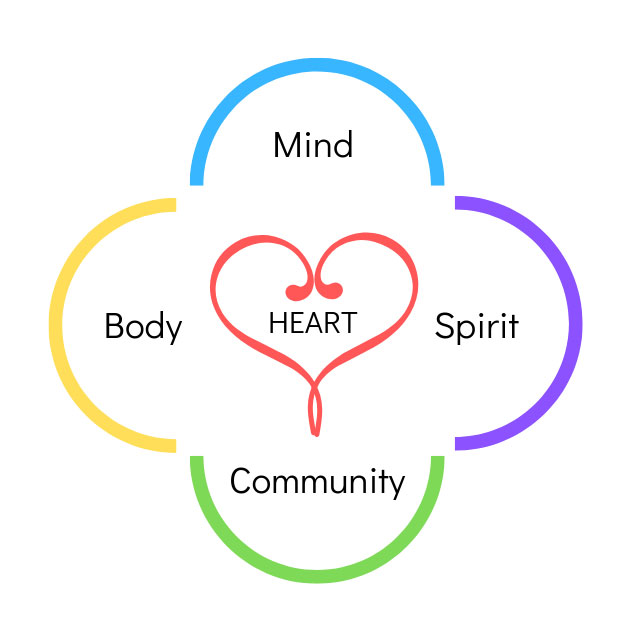
Mind
Curriculum that teaches students how to think instead of what to think.
Body
Embodied learning that engages the senses and creates deeper levels of understanding.
Heart
Heart-centered approach that places love at the center of education – cultivating empathy and compassion, and developing kind, emotionally intelligent human beings.
Spirit
Education that supports and nourishes the individual’s beliefs and values.
Community
Community building that strengthens learning, emphasizes social skills, and improves overall quality of life.
Heart
Heart-centered approach that places love at the center of education – cultivating empathy and compassion, and developing kind, emotionally intelligent human beings.
Mind
Curriculum that teaches students how to think instead of what to think.
Body
Embodied learning that engages the senses and creates deeper levels of understanding.
Spirit
Education that supports and nourishes the individual’s beliefs and values.
Community
Community building that strengthens learning, emphasizes social skills, and improves overall quality of life.

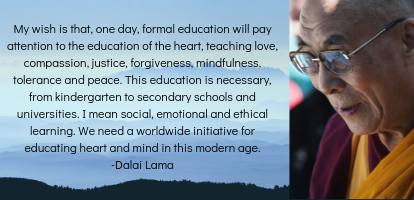
Why Educate the Heart?
What is the true purpose of education?
According to late educational leader, Arthur W. Foshay, “The one continuing purpose of education, since ancient times, has been to bring people to as full realization as possible of what it is to be a human being”.While this has been the ultimate goal of education since its origin, somewhere along the way humanity has lost sight of this holistic purpose. Until recent years, modern education has focused almost exclusively on developing the intellect, paying little attention to matters of the heart.
When we look deeper into human development, we recognize that social and emotional learning (SEL) programs are crucial to bringing up a healthy population of young people and creating a better world for the children of the future.
Educating the heart dates back at least as far as the ancient Greeks and modern science supports its reentry into the school systems. More than two decades of research exists which demonstrates the positive outcomes of social and emotional learning programs.
Studies show that social and emotional learning (SEL):
- Improves classroom behavior.
- Builds resilience and improves stress management.
- Decreases incidence of depression and anxiety.
- Improves relationships and social skills.
- Increases academic performance by an average of 11 percentile points.
- Improves school attendance.
- Decreases risk-taking behaviors.
- Reduces impulsivity and aggression.
- Improves attitudes about self, others, and school community as a whole.
- Promotes prosocial behaviors.
- Increases emotional well-being by 24%.
- Decreases likelihood of poverty in adulthood.
- Reduces discipline referrals.
- Increases graduation rates.
Social and Emotional Learning pays off!
Did you know there is an $11 return on investment for every $1 spent on SEL programs?

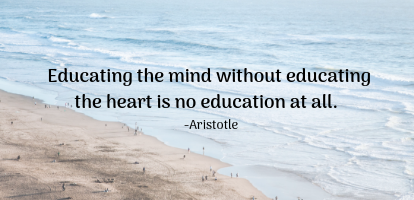
What's New at HeartFirst Education

6 Great Books for Introducing Mindfulness to Young Children
Mindfulness is an important skill for children to learn. It helps them slow down and notice what’s happening within them and around them.
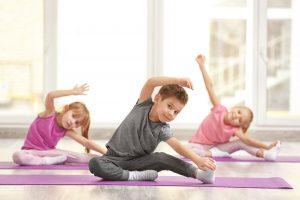
7 Simple Ways to Teach Children Mindfulness
Practicing mindfulness can help children regulate their emotions, improve focus, reduce stress, and cultivate kindness, gratitude, and positivity. Research has also shown that it enhances overall well-being, increases respect for others, and acts as a buffer for bullying. Who wouldn’t want that for their children?
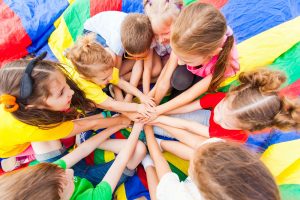
6 Activities to Cultivate Empathy and Build Community in the Classroom
Empathy is perhaps the most important skill a person can develop in life, yet it rarely makes the curriculum in traditional public schools. Fortunately, modern educational psychologists are beginning to recognize its positive effects, calling it the “empathy advantage” and advocating for school leaders to incorporate effective empathy education into their daily schedules.

10 Ways to Make Learning About Feelings Fun
Teaching kids about emotions can be an overwhelming task for any parent or teacher. It isn’t easy to explain how it feels to be frustrated, excited, or worried. Ideally, we want to begin teaching emotional literacy as early as possible because emotions are at the core of human experience and affect every aspect of our lives.





